EU, UN deadlocked over Kosovo
The European Union and the United Nations are very worried, but remain unable to agree on how to act in Kosovo after June 15, Beta news agency says.
Sunday, 25.05.2008.
12:07

The European Union and the United Nations are very worried, but remain unable to agree on how to act in Kosovo after June 15, Beta news agency says. The ethnic Albanian authorities in Pristina say that their new constitution will take effect in the province's entire territory, while the EU intends to deploy its EULEX mission there. EU, UN deadlocked over Kosovo However, this mission is not based on any UN Security Council decision, while UN SC Resolution 1244, so far the only document regulating international presence in Kosovo, remains in force. At the same time, there has been no decision to withdraw the UN mission, UNMIK, while it seems inevitable that EULEX's planned June deployment will be postponed, say EU officials in the field, in charge of foreign policy related to Kosovo. For this reason, warnings have been sent out that such a situation can become very complicated and dangerous, including some kind of a "radical" expression of dissatisfaction, both from the ethnic Albanians who want UNMIK to leave, and the Serbs who are rejecting the self-proclaimed authorities in Pristina, and accept only Resolution 1244, UNMIK and KFOR. Friday, the EU's Political and Security Committee in Brussels heard from Stafan Lehne, in charge of the Western Balkans issues, EULEX chief Yves de Kermabon and civilian representative in Kosovo Pieter Feith that, at this point, "it is unclear how EULEX will be able to deploy". Their analysis further said that "everything indicates" that UNMIK will have to remain in Kosovo "at least in a scaled-down composition" as the only international authority, along with KFOR – the military mission that also continues, as it is based on 1244. EU officials who in charge of EULEX-related sectors believe that "partial justification" for the start of the mission's activities could be an invitation from the Pristina government, which would in turn mean that EULEX could "assist the Kosovo authorities" only in those part of the territory inhabited by ethnic Albanians. Beta news agency says that one of the serious problems EULEX is faced with is that although the temporary Kosovo Albanian institutions unilaterally declared the province's independence, it remains under UN's international administration, while at the same time some EU members that have supported EULEX, do not recognize the secession. Spain, for instance, has made it clear it will not green light participation in EULEX until UNMIK transfers its powers to the EU mission. The government in Madrid says it will stick to international law and a provision in EU's Joint Action document that defined EULEX. Article 5 of this says that the mission will be deployed to Kosovo after UNMIK transfers its jurisdiction. EU Council of Ministers officials admitted that "some other EU countries" also want EULEX to be approved by the UN, but added that "those EU members that do not wish to, do not have to take part in EULEX". Brussels, but also Washington and NATO, are exerting ever stronger pressure on UN Secretary-General Ban Ki-moon to by June 15 "accept a solution that would have UNMIK and EULEX act together in Kosovo", according to this Beta report. However, the agency adds, Ban has so far rejected each of the suggested formulas that would lead to such a solution, international diplomatic sources in Brussels said. Russia, in the meantime, has repeated her firm position that EULEX has no basis in international law, although the EU refers to parts of 1244 to prove otherwise. According to these sources, Foreign Minister Sergei Lavrov recently in London, "in a discrete meeting" of the Contact Group, spoke about Moscow's readiness to help find a solution for EULEX through a UN SC deal, that would respect the provisions of 1244, since that would be the only option acceptable for Serbia. But his U.S. counterpart Condoleezza Rice is said to have demanded in a very strong manner that "the reality of an independent Kosovo" be recognized, and that EULEX takes over from the UN. Finally, a high ranking official with the Slovenian EU presidency told journalists in Brussels that "there are international challenges and resistance in the field" when it comes to the deployment of EULEX. This, the diplomat continued, is "discussed in the international forums". But – "it remains unknown when these challenges might be removed".
EU, UN deadlocked over Kosovo
However, this mission is not based on any UN Security Council decision, while UN SC Resolution 1244, so far the only document regulating international presence in Kosovo, remains in force.At the same time, there has been no decision to withdraw the UN mission, UNMIK, while it seems inevitable that EULEX's planned June deployment will be postponed, say EU officials in the field, in charge of foreign policy related to Kosovo.
For this reason, warnings have been sent out that such a situation can become very complicated and dangerous, including some kind of a "radical" expression of dissatisfaction, both from the ethnic Albanians who want UNMIK to leave, and the Serbs who are rejecting the self-proclaimed authorities in Priština, and accept only Resolution 1244, UNMIK and KFOR.
Friday, the EU's Political and Security Committee in Brussels heard from Stafan Lehne, in charge of the Western Balkans issues, EULEX chief Yves de Kermabon and civilian representative in Kosovo Pieter Feith that, at this point, "it is unclear how EULEX will be able to deploy".
Their analysis further said that "everything indicates" that UNMIK will have to remain in Kosovo "at least in a scaled-down composition" as the only international authority, along with KFOR – the military mission that also continues, as it is based on 1244.
EU officials who in charge of EULEX-related sectors believe that "partial justification" for the start of the mission's activities could be an invitation from the Priština government, which would in turn mean that EULEX could "assist the Kosovo authorities" only in those part of the territory inhabited by ethnic Albanians.
Beta news agency says that one of the serious problems EULEX is faced with is that although the temporary Kosovo Albanian institutions unilaterally declared the province's independence, it remains under UN's international administration, while at the same time some EU members that have supported EULEX, do not recognize the secession.
Spain, for instance, has made it clear it will not green light participation in EULEX until UNMIK transfers its powers to the EU mission.
The government in Madrid says it will stick to international law and a provision in EU's Joint Action document that defined EULEX. Article 5 of this says that the mission will be deployed to Kosovo after UNMIK transfers its jurisdiction.
EU Council of Ministers officials admitted that "some other EU countries" also want EULEX to be approved by the UN, but added that "those EU members that do not wish to, do not have to take part in EULEX".
Brussels, but also Washington and NATO, are exerting ever stronger pressure on UN Secretary-General Ban Ki-moon to by June 15 "accept a solution that would have UNMIK and EULEX act together in Kosovo", according to this Beta report.
However, the agency adds, Ban has so far rejected each of the suggested formulas that would lead to such a solution, international diplomatic sources in Brussels said.
Russia, in the meantime, has repeated her firm position that EULEX has no basis in international law, although the EU refers to parts of 1244 to prove otherwise.
According to these sources, Foreign Minister Sergei Lavrov recently in London, "in a discrete meeting" of the Contact Group, spoke about Moscow's readiness to help find a solution for EULEX through a UN SC deal, that would respect the provisions of 1244, since that would be the only option acceptable for Serbia.
But his U.S. counterpart Condoleezza Rice is said to have demanded in a very strong manner that "the reality of an independent Kosovo" be recognized, and that EULEX takes over from the UN.
Finally, a high ranking official with the Slovenian EU presidency told journalists in Brussels that "there are international challenges and resistance in the field" when it comes to the deployment of EULEX. This, the diplomat continued, is "discussed in the international forums".
But – "it remains unknown when these challenges might be removed".





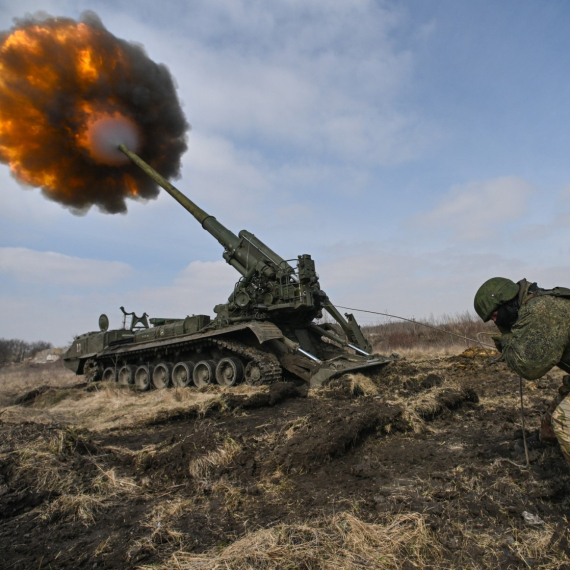




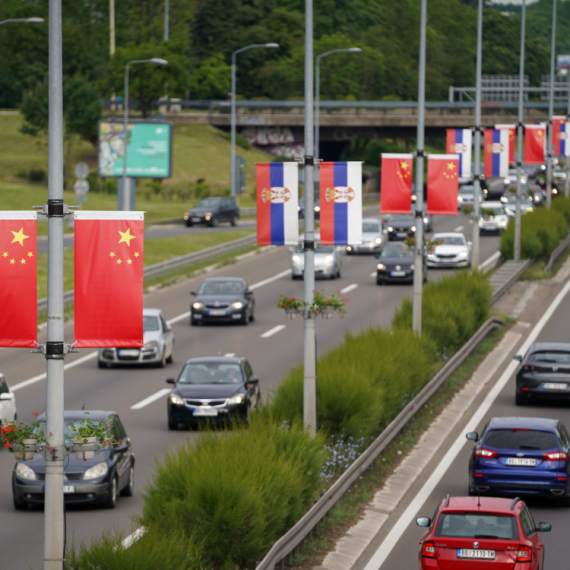


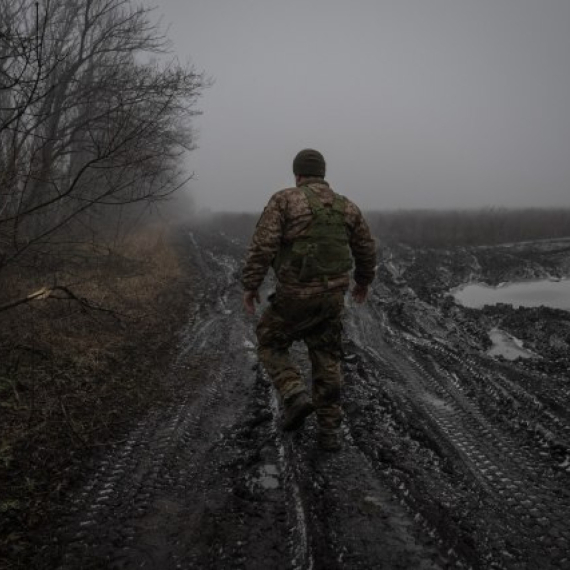


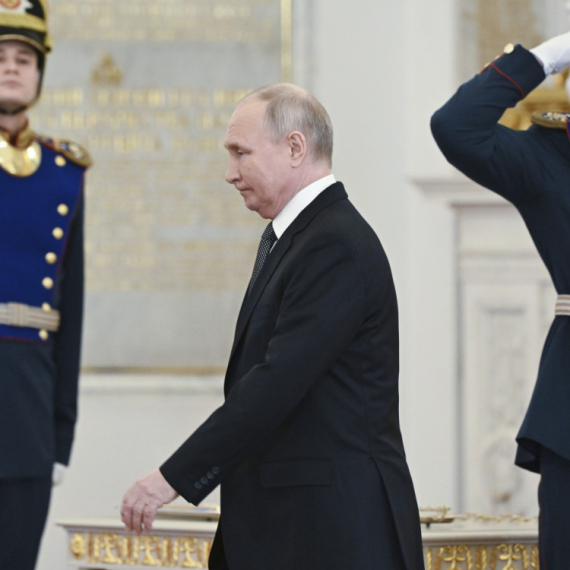
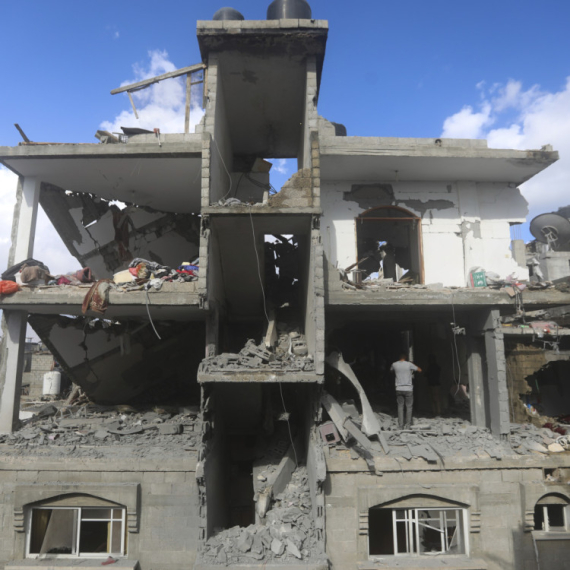












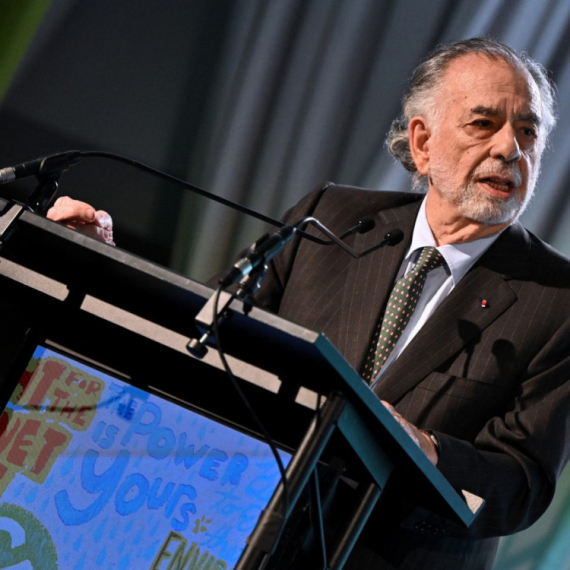







Komentari 27
Pogledaj komentare